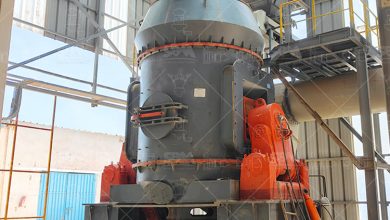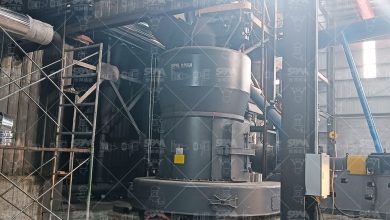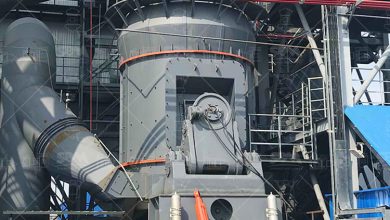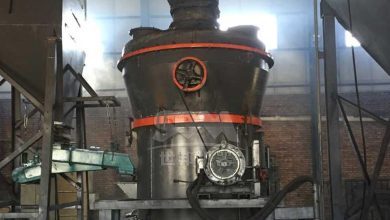How to Calibrate Concentricity of Grinding Mill Spindle for Optimal Performance
Introduction
Maintaining precise concentricity in grinding mill spindles is critical for achieving optimal performance, reducing vibration, and extending equipment lifespan. As a leading manufacturer with over 30 years of expertise, ZENITH provides advanced solutions for spindle calibration across our grinding mill series.

Why Concentricity Matters
Even minor spindle misalignment (≥0.02mm) can cause:
- 30-50% increase in vibration levels
- 15-25% reduction in bearing life
- Up to 20% energy efficiency loss
Step-by-Step Calibration Procedure
1. Pre-Calibration Preparation
For our MTW Series Trapezium Mill (recommended for 30-325 mesh output), ensure:
- Mill is completely stopped and locked out
- Ambient temperature stabilized (20±2°C)
- Specialized calibration tools ready (dial indicators, laser alignment kit)

2. Radial Runout Measurement
Using ZENITH’s proprietary alignment jig (compatible with all our grinding mills):
- Mount dial indicator at spindle nose
- Rotate spindle manually through 360°
- Record maximum deviation (target ≤0.01mm)
3. Axial Alignment Adjustment
For XZM Ultrafine Mill (5-45μm applications):
- Loosen foundation bolts following torque sequence
- Insert precision shims (0.02mm increments)
- Recheck after each adjustment
Advanced Techniques
Thermal Growth Compensation
Our LM Vertical Roller Mill series incorporates:
- Real-time temperature sensors
- Auto-compensation algorithm
- ±0.005mm maintained across 20-80°C range

ZENITH Product Recommendations
1. XZM Ultrafine Mill
Ideal for precision applications requiring 5-45μm output:
- Vertical turbine classifier ensures particle consistency
- Special alloy grinding rollers last 3× longer
- 30% energy saving vs conventional mills
2. MTW Trapezium Mill
For heavy-duty 30-325 mesh production:
- Curved air channel reduces energy loss
- 98% efficient gear transmission
- Modular wear parts for easy maintenance
Maintenance Best Practices
After concentricity calibration:
- Run 8-hour test with 50% load
- Recheck alignment at operating temperature
- Implement vibration monitoring (recommended: monthly checks)
Conclusion
Proper spindle concentricity calibration ensures your grinding mill operates at peak efficiency. ZENITH’s engineering team provides on-site calibration services for all our equipment, backed by our global service network covering 170+ countries.





